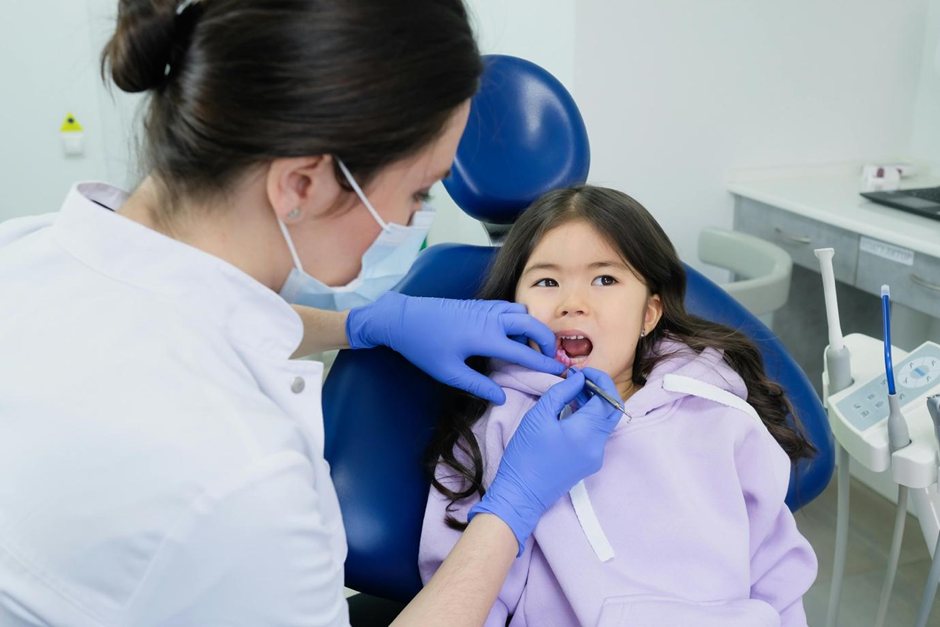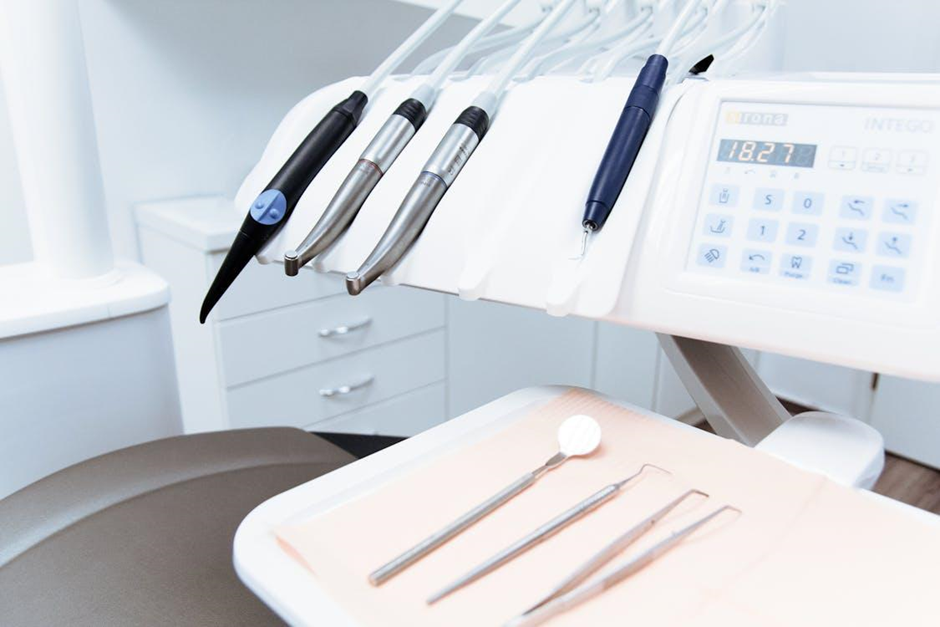Bruxism Or Teeth Clenching Treatment In Dubai
Bruxism
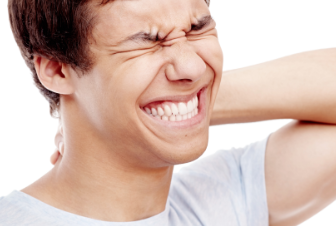
Looking for Bruxism treatment in Dubai? Have you ever been asked by your dentist if you have teeth clenching habits? Does your partner or parent notice you grinding your teeth during sleep? Do you wake up with painful and tense jaw muscles? Have you been diagnosed with Bruxism?
In this blog let us discuss bruxism and its after-effects.
What is bruxism?
Bruxism is a condition in which you involuntarily grind, clench, or gnash your teeth excessively. There are 2 main types, one that occurs during sleep called nocturnal bruxism and one that occurs when you are awake called awake bruxism. The symptoms of sleep bruxism are mostly felt in great intensity while waking up and that of awake bruxism may not be present while you wake up, but may progress over the day. Most people are unaware that they live with this condition.
Signs and Symptoms of bruxism
- Excessive teeth wear
- Crack lines and tooth fracture
- Hypersensitive teeth
- Pain while chewing
- Teeth mobility
- Grinding while sleeping, often with a tapping sound recognized by your partner or parent
- Tenderness, pain, and tightness of the jaw muscles
- Pain, tenderness, or clicking of the TMJ
- Restricted mouth opening
- Pain in the front of the ear and headaches
- Sleep disruption
- Damage to the inner surface of the cheek and tongue
Bruxism is usually detected because of the detrimental effects it has on the teeth and the supporting structures. Overactivity of the jaw muscles, teeth, and supporting structures can bring about serious consequences and disrupt the normal functioning of the masticatory system.
Causes for bruxism
The actual cause of bruxism is not very understood. It is a parafunctional activity that may be a subconscious habit or an involuntary action.
Awake bruxism may be semi-voluntary. It is usually associated with stress and anxiety, mostly related to family responsibilities and work pressure. More than grinding, teeth clenching is typically noted. It is similar to other parafunctional habits such as cheek biting, nail-biting, absent-minded pencil chewing, tongue thrusting, etc.
Sleep bruxism may be related to sleep arousals and it is mainly a chewing activity. Stressful situations, abnormal bite (occlusal discrepancy), and sleep disorders such as sleep apnea are the general causes. Studies have proven that children who have nocturnal bruxism have more anxiety-related issues when compared to their peers without the habit. Psychosocial factors do have an impact on the habit. Dopaminergic system defects of the central nervous system may also be a cause. This is exactly why smokers have twice the chance of being diagnosed with bruxism than non-smokers, as nicotine stimulates dopamine release. Sleep bruxism has been found to run in families explaining the possibility of genetic predisposition
Psychosocial factors
The most discussed factors when it comes to the etiology of bruxism are the psychosocial components mainly stress, anger, frustration, and associated lifestyle changes. Studies have proven that a stressful lifestyle and anxiety are triggering factors for bruxism. Its role in awake bruxism is conclusive and in sleep bruxism is inconclusive. Personalities with aggressive, competitive, and hyperactive traits have also been studied closely with bruxism. Awake bruxism is usually noted while working on the computer, reading, and driving and is related to activities that require a lot of concentration.
Relationships between alcohol consumption, cigarette smoking, caffeine intake, and bruxism are being researched now and need further shreds of evidence to be proven conclusive.
How is bruxism diagnosed?
Sleep bruxism can most often be recognized by your partner or parent due to the unpleasant grinding noises. Early diagnosis is advantageous in way that further damage to the masticatory structures can be prevented. Meeting your dentist frequently is the key to early diagnosis and treatment planning.
A qualified dentist can immediately correlate the signs and symptoms to reach a conclusion. Most often at the dental office, when people are asked about the involuntary habit, they are pretty much unaware of it. The diagnosis is made by establishing a relationship between the history elicited from the patient and signs such as severe teeth wear, muscle hypertrophy, unexplained pain in front of the ears, temple, teeth hypersensitivity temporomandibular joint symptoms such as pain and clicking. Questionaries are typically used to draw out details from the patient.
Management of bruxism
Conservative treatment choices to reverse or repair the damage is usually employed. The treatment modality varies from person to person depending on the severity of the condition and underlying causes.
Dental Management
Dental treatments in patients with bruxism are always kept simple. Unfortunately, restorations tend to fail in the long run. Implants, long complex bridgework, and veneers are generally not advised. Excessively worn-out teeth may require full coverage restorations with materials that can withstand the effect of bruxism. Root canal treatment in Dubai may be required to manage pain and hypersensitivity.
Occlusal splints
Soft night guards and occlusal splints are particularly helpful in the case of nocturnal bruxism. They protect your teeth from wear and tear to an extent by mechanically protecting the teeth. They prevent the tooth to tooth contact. The soft or hard splints will require replacement periodically as it starts to wear off.
For patients with teeth hypersensitivity, applying desensitizing toothpaste in the inner side of the splint and then wearing it systematically has been found to be effective in reducing symptoms. However, teeth hypersensitivity may also be a symptom of pulpal damage and will require a different line of treatment in that case. These splints are custom-made at the laboratory with the impression of your teeth made by your dentist. They may be worn on either one of the arches. Typically, they are better tolerated on the lower arch by most patients.
Management of psychosocial factors
The role of psychosocial interventions especially in the management of awake bruxism is well established. The patients are encouraged to make healthy lifestyle choices and sleeping patterns. The most important aspect here is to make the patient aware of what he is going through and how it can be rectified. Stress management techniques, behavior modifications, habit counseling, and hypnosis can be employed. Reassurance and reminder therapy have also proven to be effective.
Bruxism Treatment Medication
Muscle relaxants may be advised to be taken before bedtime for a short period. You may also be prescribed antidepressants and anti-anxiety medications to be taken for a short duration.
Occlusal reorganization, biofeedback, and treatment of underlying systemic conditions and sleep disorders may also be advocated depending on the etiology.
Homecare after being diagnosed with bruxism
- Maintaining proper oral hygiene is imperative
- Visit your dentist frequently to assess the improvement of your condition and the need for further interventions
- Avoid chewing on hard and sticky food items
- Sleep positions may have to be adjusted
- Using hot compresses and ice packs on the jaw muscles are helpful in soothing pain
- Do not postpone dental visits and get treatments done at the earliest
- Occlusal splints will require periodic replacements
Book an Appointment With Your Doctor NOW!
Ready for a brighter smile? Schedule your appointment with Dr. Paul’s Dental Clinic today and experience exceptional dental care.
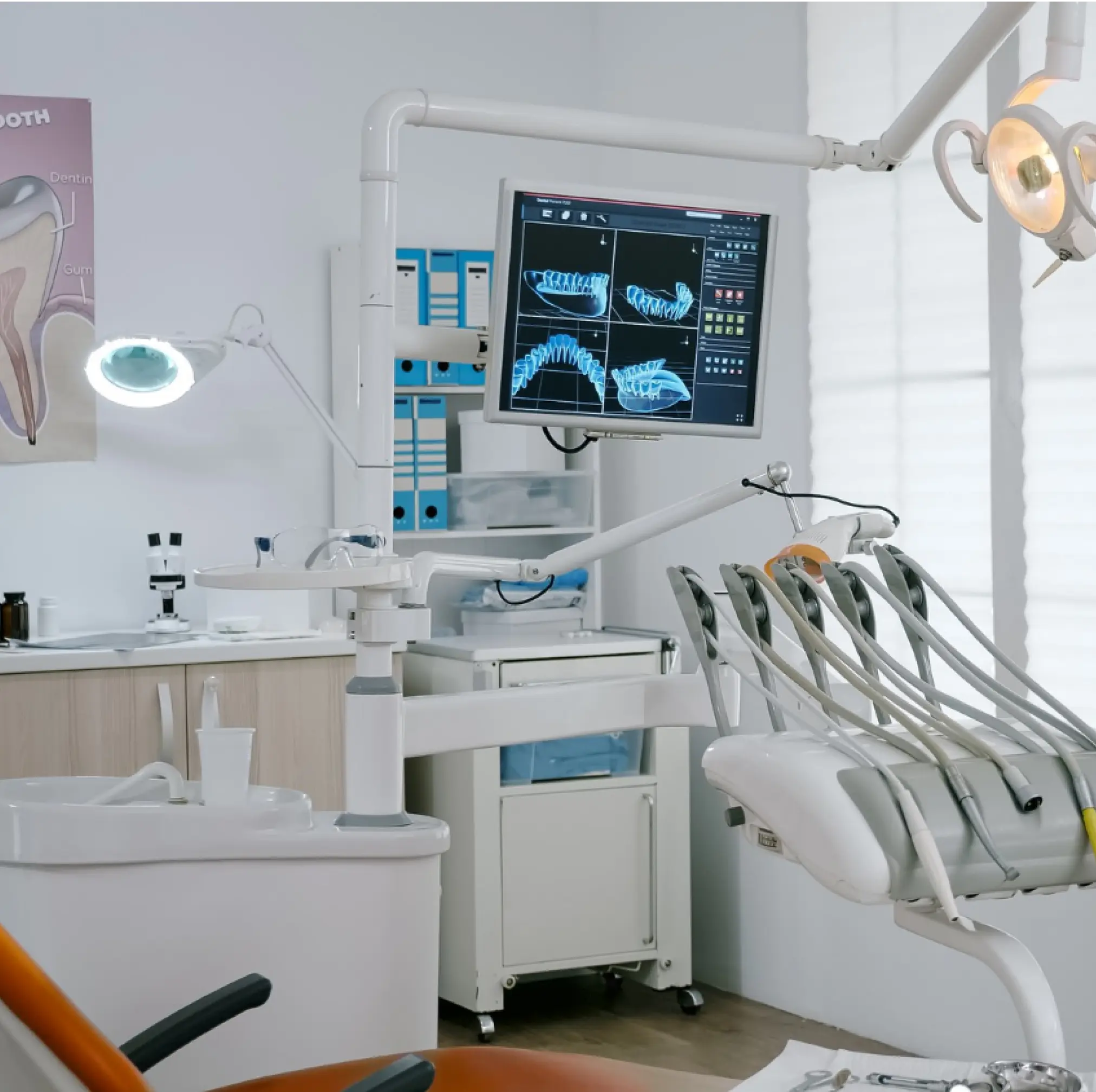
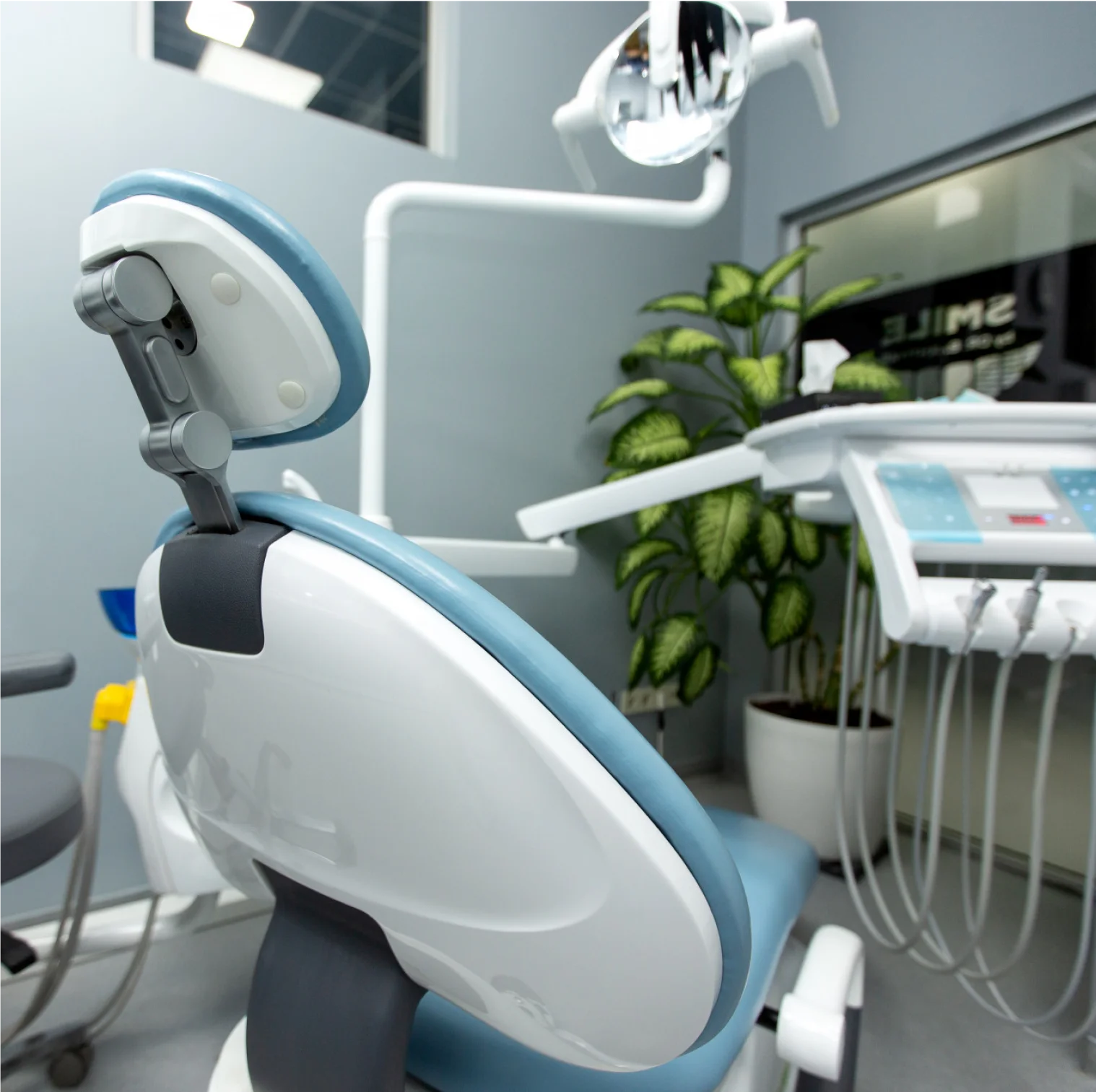
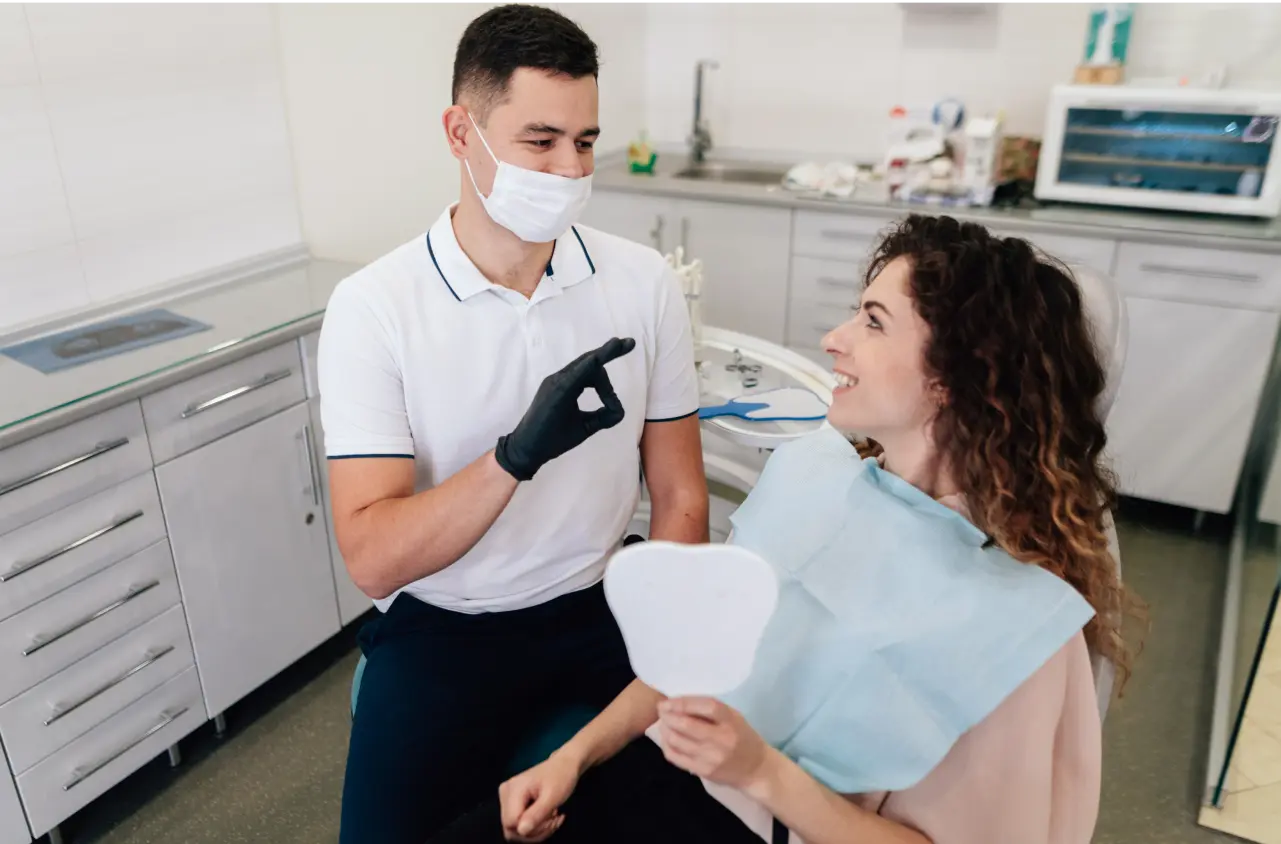
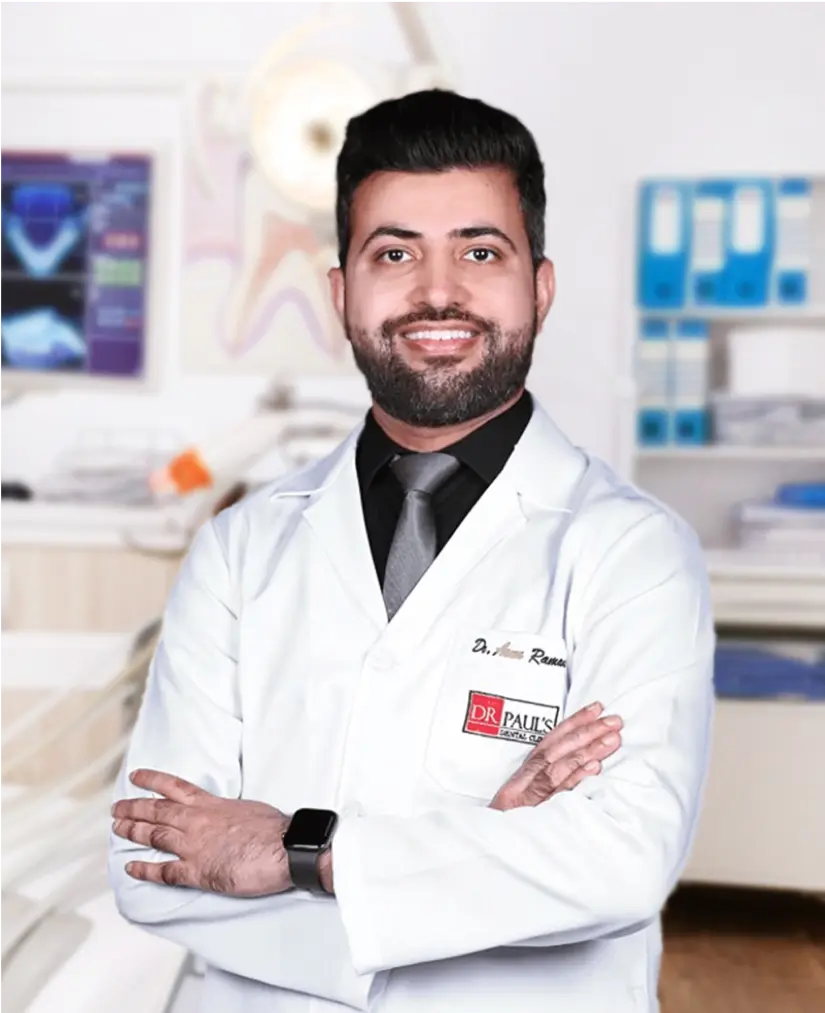 Dr. Arun Ramani
Dr. Arun Ramani 